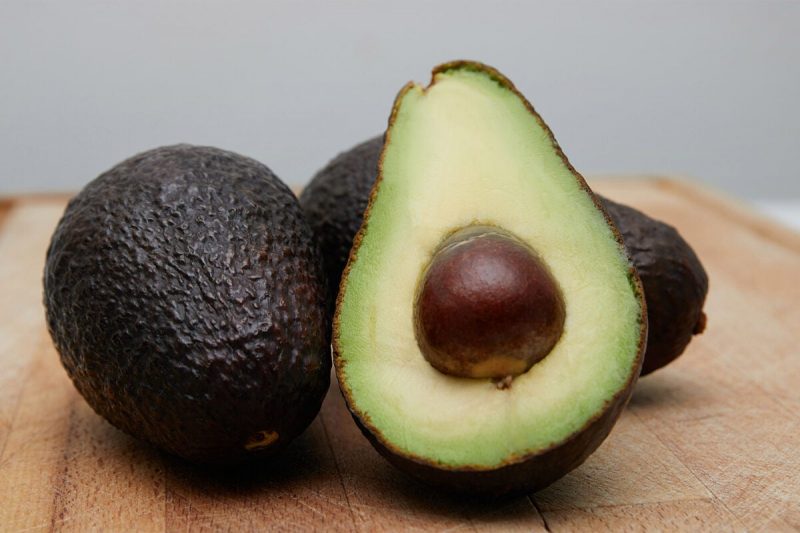In a recent study published in the Journal of Nutrition, researchers found that adding an avocado a week to your diet may help lower your risk of heart disease. This finding has significant implications for public health, as heart disease remains a leading cause of death worldwide.
The study, which followed a group of participants over a period of several months, examined the impact of incorporating avocados into the participants’ regular diet. The results were striking, with those who consumed an average of one avocado per week showing a significant decrease in various risk factors associated with heart disease.
One of the key reasons behind the beneficial effects of avocados on heart health is their rich nutrient profile. Avocados are packed with monounsaturated fats, which are known to help lower bad cholesterol levels while boosting good cholesterol. They are also a good source of fiber, potassium, and antioxidants, all of which play a role in promoting cardiovascular health.
Furthermore, avocados have been shown to have anti-inflammatory properties, which can help reduce inflammation in the body – a key factor in the development of heart disease. By including avocados in your diet, you may be able to lower your risk of developing conditions such as atherosclerosis and hypertension.
It’s important to note that while avocados offer many health benefits, moderation is key. They are calorie-dense fruits, so it’s essential to consume them as part of a balanced diet and to be mindful of portion sizes. Incorporating half an avocado into your meals a few times a week can be a great way to reap the nutritional benefits without overdoing it on calories.
In conclusion, the findings of this study provide further evidence of the potential benefits of incorporating avocados into your diet for heart health. While more research is needed to fully understand the mechanisms behind these effects, adding an avocado a week to your meal plan may be a simple and delicious way to support your cardiovascular well-being.

